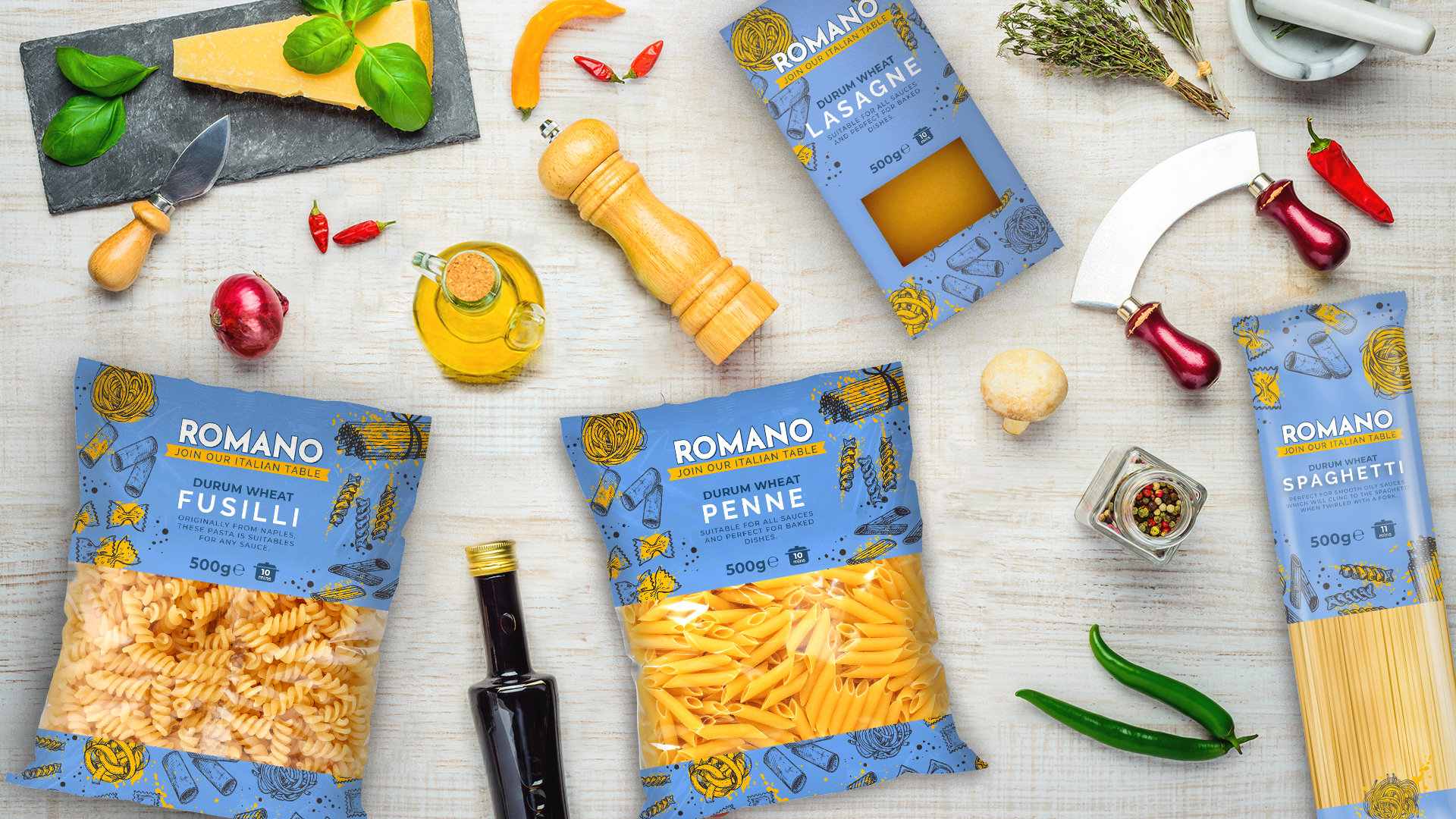Celebrating World Pasta Day 2024: A Deep Dive into Pasta Trends with Atlante UK
As we mark World Pasta Day on 25th October 2024, it’s the perfect time to reflect on the UK’s...
Thank you for visiting us!
This website does not completely support on Internet Explorer. Please use another browser.
Apologies for inconvenience
By: The Sunday Times on Nov 14, 2021 5:36:19 PM

Is this as Fusili as it seems? The UK’s Italian delicatessens are stocking British pasta for the first time because it has become so difficult to import products such as spaghetti and tinned tomatoes from the Continent.
Exports of Italian pasta to Britain were down 25 per cent between January and July this year compared with the same period in 2020. Global exports of pasta have dropped only 10 per cent, according to the Italian farmers’ lobby group Coldiretti. Tinned tomato UK exports were also down 12 per cent over the same period compared with just 1 per cent globally.
Italian suppliers blame Brexit, congestion at British ports and driver shortages for the more dramatic fall in exports to the UK. Since January, goods entering Britain need face hurdles from customs declarations to product safety certificates, food inspections and rules-of-origin checks.
One Italian firm said it is now easier to export to Japan — and warned Britons to brace themselves for “relatively empty shelves for some time and big cost increases”.
Kathryn Bumby, 30, launched The Yorkshire Pasta Company, based in Malton, North Yorkshire, with her husband Thomas, 37, in 2019 after quitting her job in wafer product development for the food giant Nestlé. She said: “The business is growing exponentially. I think people are making a conscious effort to eat locally.”
Its products, which use a combination of locally grown wheats, not the durum wheat typically used in pasta, are now sold in 300 shops, including Italian delis.
“It helps that our ingredients are locally sourced. I know there have difficulties across the industry importing goods. We sell to Italian delis that are wanting to diversify and stock more British products, from Yorkshire pecorino to pasta,” Bumby added.
A shortage of hard durum wheat, the key ingredient in Italian pasta, and fears that climate change will continue to deplete Canada’s wheat harvest, mean that the pasta manufacturing industry is increasingly looking into switching to softer, less vulnerable grains. However, this means that consumers will have to get used to a less al dente style of pasta.
Pastificio Carleschi, a British producer of organic dry pasta, uses spelt flour made in Somerset. Its founder, Giovanni Carleschi, said: “We are not copying Italian pasta. We are creating a new breed, redefining an historical Italian product by using local produce to create a British alternative.”
La Coppola, an Italian deli in Sheffield, said an olive oil brand and a confectionery company, both from the Lazio region, had stopped supplying them after Brexit because they said it was “too much paperwork” for a small order of 800 bottles.
Pasta, consumed by about two in three Britons at least once a week, has been one of the most noticeable gaps on shelves since the start of the pandemic. While initially the issues were caused by stockpiling, more recent shortages have been traced to logistical problems due to Brexit and Covid.
This article originally appeared in The Sunday Times
As we mark World Pasta Day on 25th October 2024, it’s the perfect time to reflect on the UK’s...
Atlante provides Italian ambient pasta and fresh pasta to UK supermarkets, working with suppliers...
As the summer sun begins to set and September rolls in, there is a familiar busyness in the Atlante...